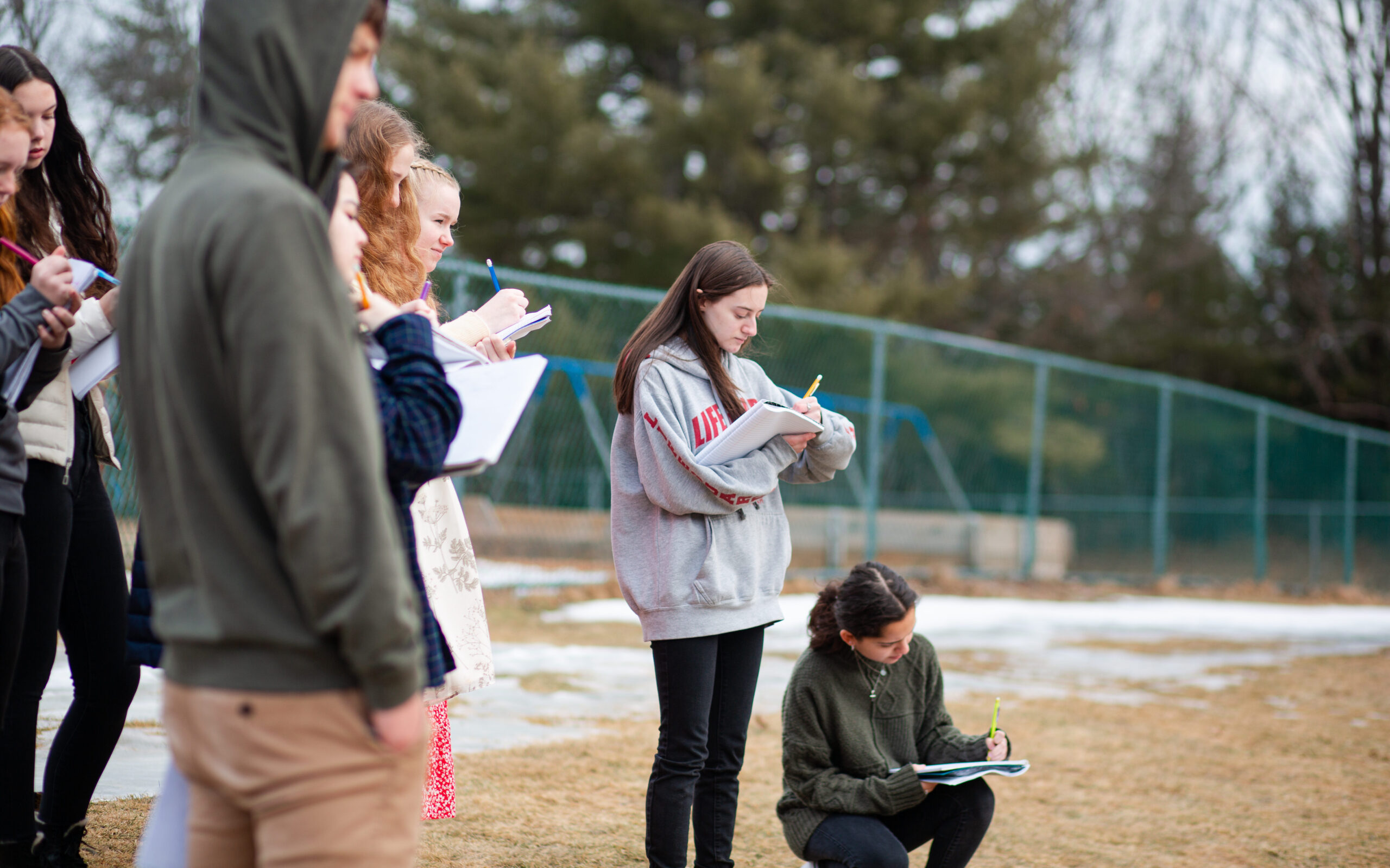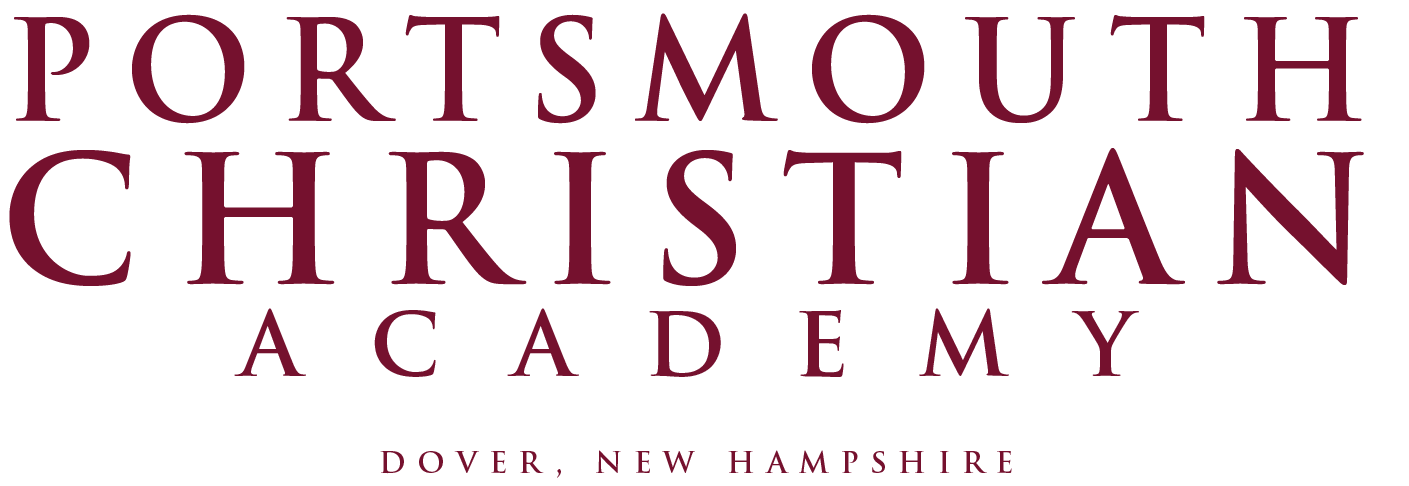Questions to Ask When Exploring High Schools
High School is an exciting time. It’s a time of personal, social, and academic growth. Parents and students alike want to know that the school where they will spend 35+ hours each week has a healthy culture and that the people and environment will be a positive influence. Whether that means staying at the school your child grew up in, moving to the next level in a school system, or transitioning to a new school altogether, the below questions may serve as a guide for parents as they explore the right fit for their child.


1. What separates you from other schools?
In addition to your local high school, there are many private high school options here in New England, and every one of them markets an excellent education. But, students also want to feel secure and have exciting options to explore the social, academic, and extracurricular world of high school. Parents want all of those things, along with a school culture that is healthy; they want to know that the people and environment where their child will spend 35+ hours each week will be a positive influence. At the start of your visit or online research, it will be helpful to ask this question to each school to identify what makes the school different from the other options. You should see evidence of these unique differentiators on your tour, and identifying what the school sees as unique will be a helpful hint for you into their philosophy and priorities.
2. What classes are offered?
Some schools have field-specific diplomas with courses offered towards that particular area of study and an extensive course catalog for students to choose from, while other schools have little variation in the course selection. In addition, schools will often offer classes at different levels (for example, honors classes will be taught at a different level than college-prep or advanced placement (AP) classes). Students who excel academically will be well-served by advanced classes, so it’s important to see what will be available. In addition, if specialization or trades are of interest, you may be able to find schools with offerings in those specific areas.
Preparing Tomorrow’s Christ-centered Servant-Leaders
Interested in learning more about Portsmouth Christian Academy’s Upper School? Download our Viewbook below!
3. How are faith and learning integrated?
Faith-based schools take a variety of approaches to integrate faith and learning. You’ll want to find a school that approaches faith and learning in a way that is compatible with your family’s philosophy. You’ll also want to explore how the school approaches questions about faith, as questions are a natural part of a teenager’s unique faith journey.
4. What is the average class size?
Identifying what you’re looking for in this regard will be a helpful guide for your family. Small class sizes allow for one-on-one support, flexibility, and relationship building, but classes that are too small may limit opportunities for discussion.
5. How does your school prepare students for college?
Preparing for college is a critical part of the high school experience. Some schools take a hands-on approach, guiding each student through every step and advising along the way. Other schools take a hands-off approach and make themselves available to help, if needed. In addition, for some schools, college prep is limited to course selection and academic advising. Other schools take a more holistic approach and encourage student involvement in extra-curricular activities and volunteer efforts. Understanding what that looks like at each school is an important part of the overall value of the education.
6. What extra-curricular opportunities are available?
Many college advisors will recommend that students are involved in extra-curricular activities as part of their college application. You will want to ensure that the school offers a variety of sports, clubs, and activities to explore through the high school years. Equally important is how a school incorporates the fine arts into their program, whether it’s through singing and acting or creative drawing and photography.


7. What qualifications do you look for in hiring teachers?
Teacher certifications vary from state to state, with some not requiring all faculty to have certification. Additionally, teachers have varying levels of qualifications… from different degrees and certifications to things like bi-lingual skills or a foundation of faith. You’ll want to explore what types of qualifications are important to you and how the school’s priorities match your own.
8. How many college credits can students earn?
With advanced placement (AP) and dual enrollment options, high school students can often graduate with a semester or more of college credits under their belt. In addition to providing extra challenge academically, these college credits will set up students for academic success at the college level and can ease some of the financial burden of the college years.
9. Do you offer financial aid?
Affording private education looks different for every family. As you evaluate your family’s financial situation, keep in mind that many schools offer assistance or reduced tuition rates based on financial need. In some cases, tuition programs can significantly reduce the cost.
Discover Portsmouth Christian Academy’s Upper School
Located just minutes northwest of Portsmouth, NH on a fifty-acre riverfront campus, PCA is a dually accredited, independent, college-preparatory day school where young people from preschool to Grade 12 are challenged to thrive academically and grow as servant-leaders prepared to impact the world for good. PCA provides a nurturing educational environment that emphasizes Christ-centered community, outstanding academics, differentiated learning, and exceptional character.

Take the Next Step
Click below to learn more about Portsmouth Christian Academy’s Upper School.


